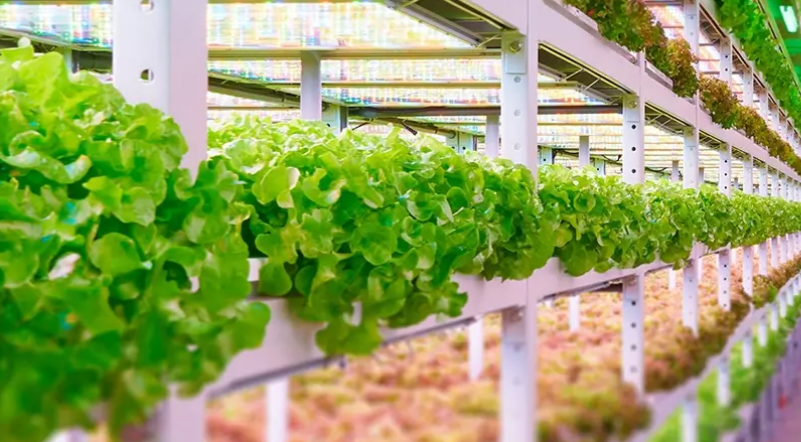In modern agriculture, maintaining the right environmental balance can be a major challenge for achieving consistent, high-quality crop production. The concept of controlled environment farming has therefore emerged as a revolutionary solution. By integrating digital management and automation technologies, this approach allows farmers to maintain ideal growing conditions regardless of external weather changes. Temperature, humidity, lighting, and nutrient levels can all be precisely managed to ensure year-round production and improved efficiency.
Understanding Climate Control in Modern Agriculture
Climate control in agriculture involves the intelligent regulation of environmental factors to support optimal plant growth. Unlike traditional greenhouses, modern controlled environment farming uses advanced monitoring systems and automated controls to adjust temperature, lighting, CO₂ levels, and irrigation. This ensures that crops receive the right conditions at every stage of growth. Such technology has gained significant attention in Europe, North America, and regions like the Middle East and Australia—where unpredictable weather or limited arable land makes efficient indoor farming a necessity.
Advanced Equipment for Smarter Farming
To meet the evolving needs of the agricultural industry, companies are developing comprehensive solutions that merge innovation with practicality. Among these, 4D Bios offers their Full-Control Planting Equipment, a specialized indoor planting system designed as a fully enclosed and self-contained unit. It integrates multiple systems—including lighting, nutrient control, and environmental monitoring—into one modular setup. The system’s flexibility allows it to be easily adjusted to fit different indoor spaces without requiring permanent infrastructure. This design enables rapid deployment and makes it ideal for educational institutions, agricultural research centers, and competitive cultivation environments.
The Benefits of Data-Driven Growing Environments
One of the main advantages of implementing controlled environment farming is its capacity to create a stable production ecosystem. Through AI-assisted analysis and precision control, growers can respond to environmental changes in real time, enhancing both yield and quality. Additionally, it reduces resource waste, including water and fertilizer, making it a more sustainable choice for regions focused on environmental conservation and food security. In countries like Singapore and the UAE, where urban farming is rapidly developing, this approach aligns perfectly with local initiatives promoting food independence and smart city development.
Conclusion
By combining innovation with digital intelligence, 4D Bios is contributing to the transformation of global agriculture. Their Full-Control Planting Equipment exemplifies how technology can make farming more efficient, scalable, and environmentally friendly. As agricultural production continues to evolve, the adoption of intelligent climate control systems will play an increasingly vital role in ensuring sustainable food growth for the future.
